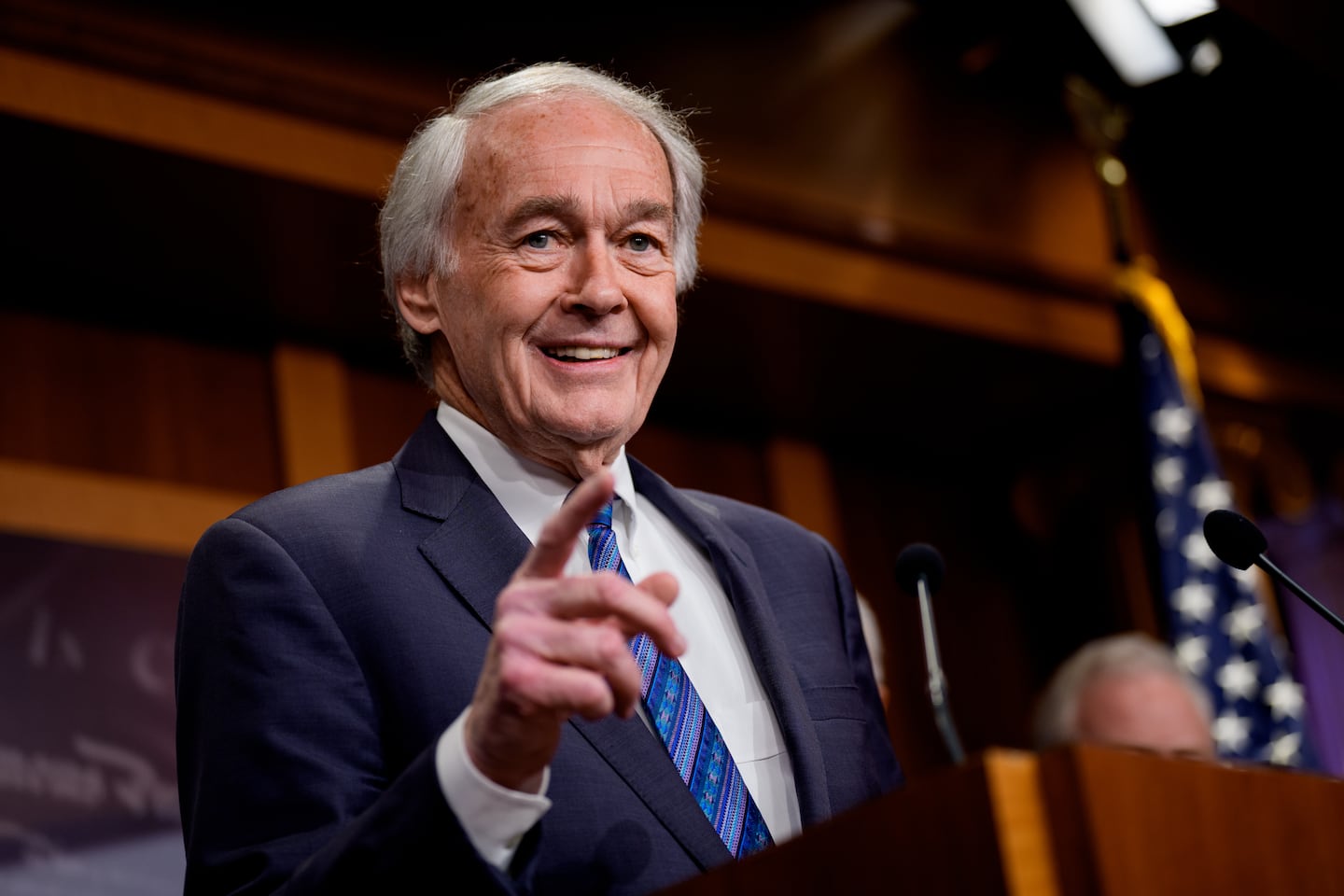Harvard’s Tax-Exempt Status Under Threat: What’s Happening and Why It Matters
Harvard University has found itself at the heart of a heated national debate. With its tax-exempt status threatened by recent political developments, many are asking what this means for one of the world's most renowned educational institutions. This article explores the background, the legal and political implications, and where things might lead next.

The Latest Developments: Why Harvard’s Status Is in the Spotlight
Recently, President Donald Trump announced intentions to revoke Harvard’s tax-exempt status, citing concerns about the university’s handling of campus issues. The announcement quickly dominated headlines and sparked both outrage and support across the political spectrum.
A detailed account of the story can be found in the Boston Globe’s coverage, which highlights statements from Harvard, legal experts, and legislators. The university responded, asserting that there is “no legal basis to rescind Harvard’s tax-exempt status,” emphasizing the risks such a move would pose to its educational mission.
Legal and Political Tensions
The push to strip Harvard of its tax-exempt status did not occur in isolation. It is part of a broader pattern of tensions between the federal government and higher education institutions. Political leaders from Massachusetts, including Senators Warren and Markey, have strongly criticized the proposed measure and called for investigations into its legality.
A live news update from NBC News details the reactions within Congress and the judicial branch. Senate Democrats have even requested a Treasury investigation to determine whether targeting Harvard constitutes an illegal or unconstitutional use of presidential power.
What Are the Implications for Harvard and Other Universities?
If Harvard were to lose its tax-exempt status, the consequences could ripple across the landscape of higher education in the United States. Taxation would mean fewer resources available for scholarships, research, and public service programs. It could also set a precedent, opening the door for similar actions against other nonprofit institutions.
Legal scholars, as highlighted in recent reports, suggest that such a move may not stand up in court. Constitutional challenges could delay or even block any efforts to rescind the tax exemption.
Broader Context: University Autonomy and Public Debate
Harvard’s clash with the federal government isn't just about taxes. It cuts to the core of university autonomy and free speech. Many advocates and legal experts argue that undermining a university’s ability to operate freely has long-term implications for academic independence.
For a broader perspective, you can examine coverage in The New York Times, which delves into the legal debate among conservative lawyers and the potential national impact of the administration's stance.
The Road Ahead
The coming weeks are likely to bring further legal wrangling and public debate. With investigations underway and court challenges likely, Harvard’s future as a tax-exempt institution remains uncertain. What is clear, however, is that this moment represents a crossroads for higher education policy in the U.S.
Stay informed and engaged as this story develops, and explore more in-depth reporting from reliable sources to understand what’s at stake for Harvard and the future of American education.